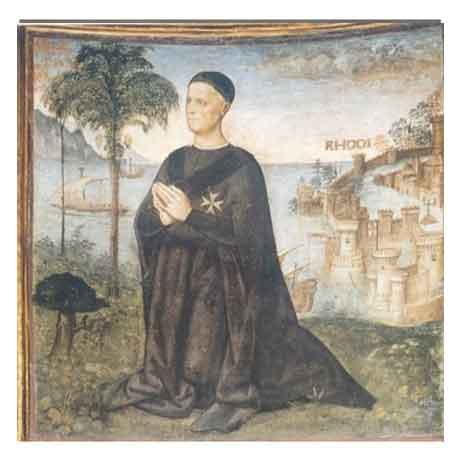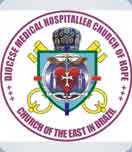MONASTICIST™ (monastic healer/scientist)
Impelled by the love of Christ, manifested especially in His
mandate to “the healing of lepers and the purging (casting
out) of demons (Matthew 10:8), where Jesus instructs his
disciples: we hereby form the trademark term of MONASTICIST
for these special needs of our Hospitaller clergy as monastic
medical, nursing, sanctified and therapeutic healers.
This sovereign council of the Sacred Monastic Order
[Incorporated], having ratified Christian science doctrine
regarding
“Christian Scientist"
on solemn meeting January 11, 2025, hereby also DECREES:
Formation of the trademark MONASTICIST™ (monastic
healer/scientist), derived from Monasticism which draws
inspiration from Jesus’ call to discipleship, such as “If you
want to be perfect, go, sell your possessions and give to the
poor, and you will have treasure in heaven. Then come, follow
me” (Matthew 19:21)
Christian counselors and Sanctified Healers of this Church so
trained in monastic medicine - are deemed herewith necessary
as part of our monastic counseling practices and missions to
communicants, find need to form this religious identifier of
special mission, under His Command to His disciples to heal
lepers in Matthew 10:8:
"Heal the sick, raise the dead, cleanse those who have
leprosy, drive out demons. Freely you have received; freely
give.”
Submitted to Sovereign Council
So ratified May 31, 2025.

https://panamint.wufoo.com/forms/the-monasticist-a-book-order/
Historically, monastic physicians of the Hospitallers of St.
John were often simply called "brothers" or "monks" who
performed healing as part of their religious duties, and their
care was framed as spiritual as much as physical. The term
"monastic healer" is thus accurate and avoids secular medical
terminology.
In the public, our CALLING, ecclesiastical VOCATION (this word
now has a dual meaning, and was taken by the secular state,
originally it was religious term in Christianity), must be
distinct with religious religious sense—being called by God to
serve in the Church in this 21st century.
The roles of priests, ministers, clergy, pastors, and deacons
are generally considered to operate within a distinct domain
shaped by both religious (ecclesiastical) and secular law, but
the extent to which they are "separated by the laws, rules,
and regulations of church and state outside of commercial
enterprise" is nuanced.
We choose our own DISTINCT vocational identifiers, exclusively
ours for members of SMOCH, duly trained, duly ordained!
By definition, Monastic Medicine is “charitable medical services rendered to the poor using natural agents such as food, herbs, air, and water; and supernatural agents including spiritual counseling, prayer, divination, worship, fasting, and exorcism. As a medico-religious art it encompassed health care through a system of beliefs that are based on treatment of God given functions through solace, hygiene, fasting, and the promotion of the body’s own inherent healing powers.”
